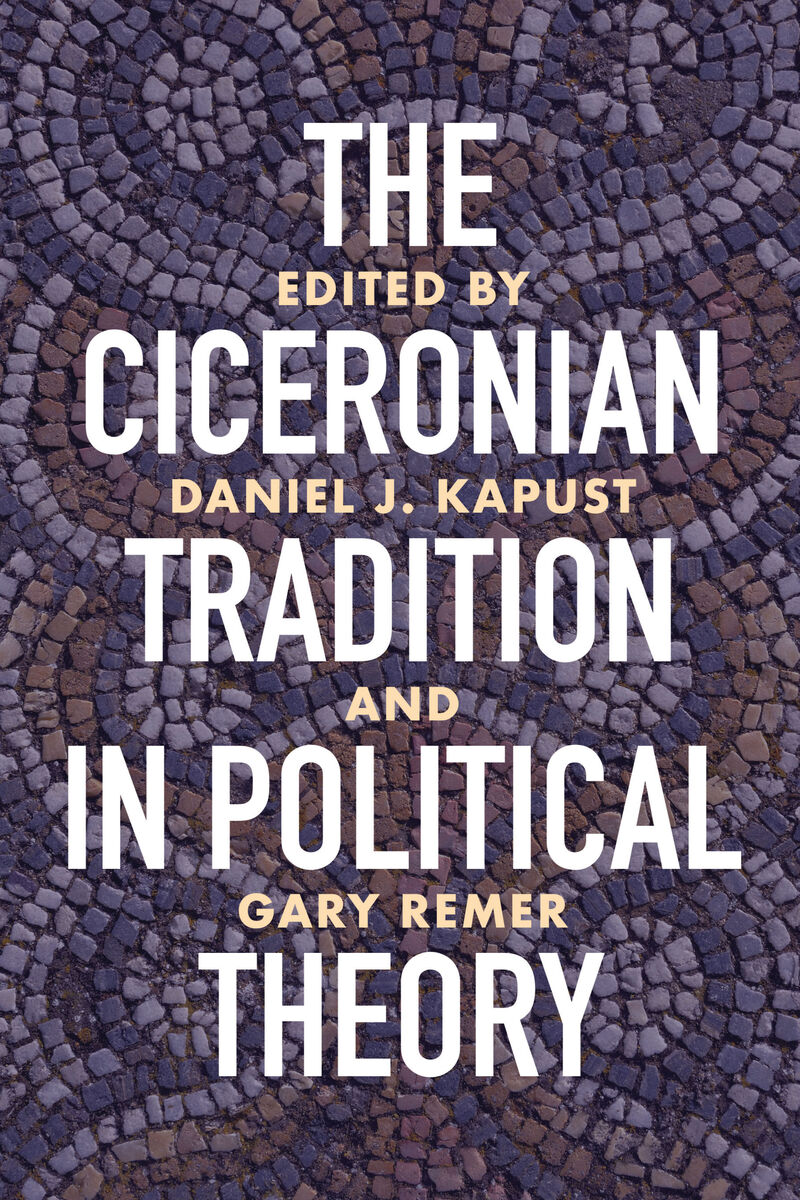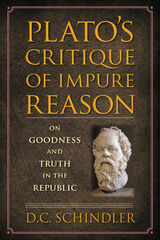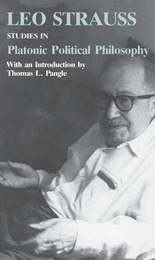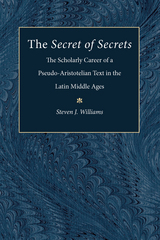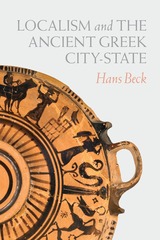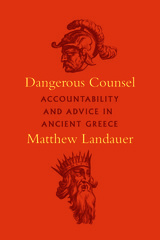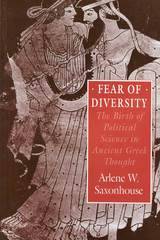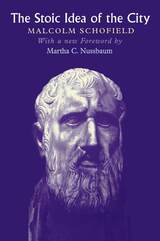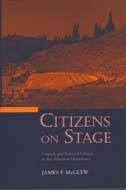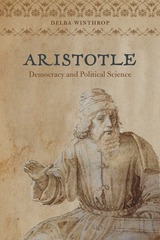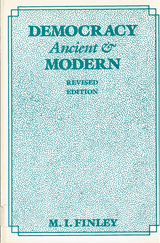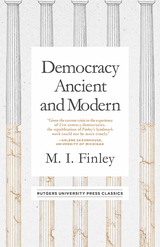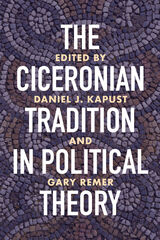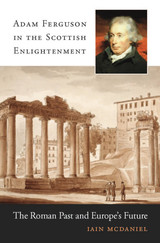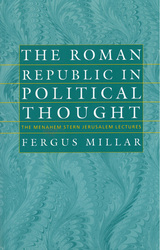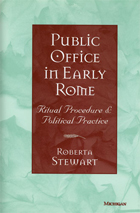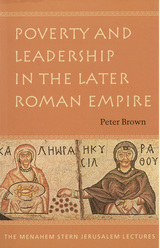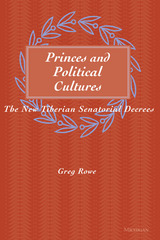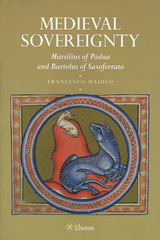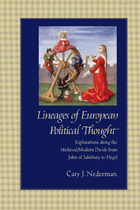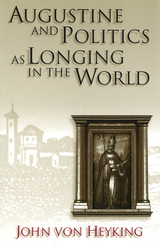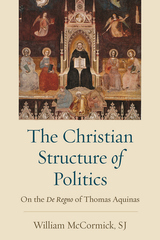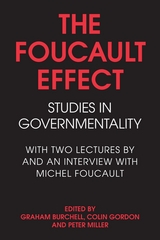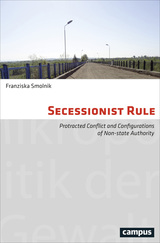The Ciceronian Tradition in Political Theory
University of Wisconsin Press, 2021
Cloth: 978-0-299-33010-1 | eISBN: 978-0-299-33013-2
Library of Congress Classification JC81.C7C53 2021
Dewey Decimal Classification 320.01
Cloth: 978-0-299-33010-1 | eISBN: 978-0-299-33013-2
Library of Congress Classification JC81.C7C53 2021
Dewey Decimal Classification 320.01
ABOUT THIS BOOK | AUTHOR BIOGRAPHY | REVIEWS | TOC | REQUEST ACCESSIBLE FILE
ABOUT THIS BOOK
Cicero is one of the most influential thinkers in the history of Western political thought, and interest in his work has been undergoing a renaissance in recent years. The Ciceronian Tradition in Political Theory focuses entirely on Cicero’s influence and reception in the realm of political thought.
Individual chapters examine the ways thinkers throughout history, specifically Augustine, John of Salisbury, Thomas More, Machiavelli, Montaigne, Hobbes, Locke, Adam Smith, and Edmund Burke, have engaged with and been influenced by Cicero. A final chapter surveys the impact of Cicero’s ideas on political thought in the second half of the twentieth century. By tracing the long reception of these ideas, the collection demonstrates not only Cicero’s importance to both medieval and modern political theorists but also the comprehensive breadth and applicability of his philosophy.
Individual chapters examine the ways thinkers throughout history, specifically Augustine, John of Salisbury, Thomas More, Machiavelli, Montaigne, Hobbes, Locke, Adam Smith, and Edmund Burke, have engaged with and been influenced by Cicero. A final chapter surveys the impact of Cicero’s ideas on political thought in the second half of the twentieth century. By tracing the long reception of these ideas, the collection demonstrates not only Cicero’s importance to both medieval and modern political theorists but also the comprehensive breadth and applicability of his philosophy.
See other books on: Cicero, Marcus Tullius | Ciceronian Tradition | Influence | Political and social views | Political Theory
See other titles from University of Wisconsin Press
